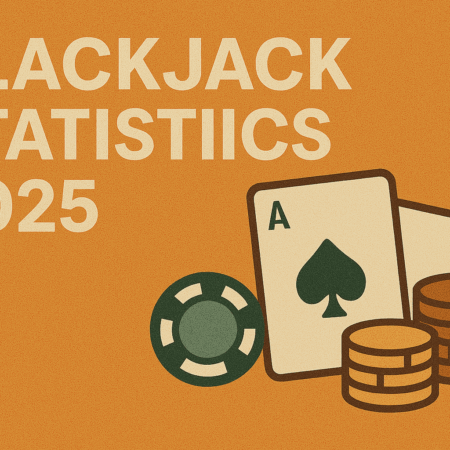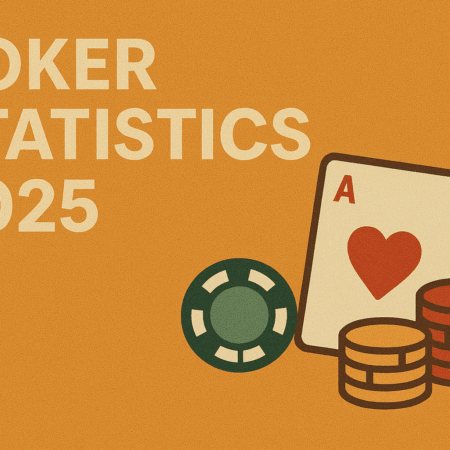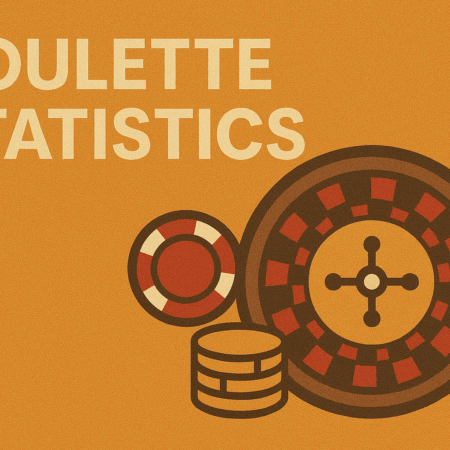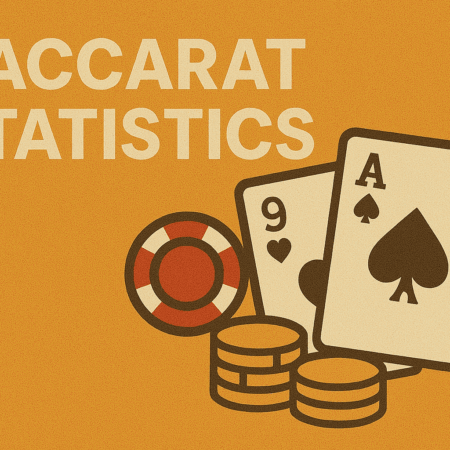Decentralized prediction markets are reshaping how people forecast real-world events—from elections and sports to geopolitical shifts and tech launches. At the forefront of this revolution is Polymarket, a blockchain-based platform that lets users wager on the outcomes of future events using cryptocurrency.
In 2025, as traditional betting platforms face increasing regulation and centralized platforms are questioned for their transparency, Polymarket stands out for its decentralization, accuracy, and social relevance. But what exactly is Polymarket? How does it work, and why does it matter? This guide breaks it all down.
What Is Polymarket?
Polymarket is a decentralized prediction market built on the Ethereum-compatible Polygon blockchain. It allows users to bet on the outcome of future events by buying and selling shares in specific markets, which are essentially “yes” or “no” questions. For example:
- Will the Ethereum ETF be approved before September 1, 2025?
Users can trade these outcome shares using USDC (USD Coin), a stablecoin pegged to the U.S. dollar. If your prediction is correct, you can redeem each share for $1. If not, it’s worth nothing.
Unlike traditional sportsbooks or centralized prediction sites, Polymarket is permissionless, censorship-resistant, and powered by smart contracts—ensuring trustless execution and immutable settlement of bets.
How Does Polymarket Work?
The core mechanics of Polymarket revolve around the Automated Market Maker (AMM) model. Here’s how the process works step-by-step:
- Choose a Market
Markets are user-created and typically framed as binary “yes/no” questions. Each has a defined resolution date, after which the outcome is finalized by a trusted oracle. - Buy Shares with USDC
Users purchase outcome shares (yes/no) with USDC. Share prices range between $0.00 and $1.00 based on supply and demand. If a share is trading at $0.60, it implies the market gives a 60% chance the event will happen. - Market Resolution
After the resolution date, Polymarket uses UMA’s Optimistic Oracle to confirm the outcome. Shareholders with the correct outcome receive $1 per share; incorrect predictions yield nothing. - Liquidity & Trading
Users can trade in and out of markets before the resolution, locking in profits or cutting losses. This dynamic fosters real-time sentiment tracking across political, economic, and cultural events.
Key Features of Polymarket
1. Decentralized Infrastructure
Built on Polygon, Polymarket avoids the need for central operators or bookmakers. The platform runs on smart contracts that handle trades, settlements, and liquidity automatically.
2. Transparent and Trustless
All market data is visible on-chain. Unlike centralized sportsbooks, users don’t need to trust a third party to handle outcomes or payouts.
3. Oracle Integration
Outcomes are resolved using UMA’s Optimistic Oracle, which decentralizes verification through community-based disputes and staking.
4. Non-Custodial Wallets
Users retain full control of their funds via MetaMask or any Ethereum-compatible wallet. There are no deposits or withdrawals—only token swaps.
5. Real-Time Crowd Sentiment
Because prediction markets aggregate information from across the web, they often reflect more accurate probabilities than traditional polls or expert forecasts.
Use Cases of Polymarket in 2025
🗳️ Politics
Polymarket is especially popular around elections. Markets have covered the 2024 U.S. presidential race, cabinet appointments, and even Supreme Court rulings. In 2025, ongoing political events across the EU, Asia, and Latin America have spurred a surge in political markets.
📈 Finance
With growing interest in cryptocurrency regulation, DeFi innovations, and ETF approvals, users can trade on events like:
- Bitcoin hitting $100k by Q4 2025
- Spot Ethereum ETF approval
- Fed rate hikes or CPI figures
🎮 Pop Culture & Sports
Polymarket users also trade on celebrity news, sports outcomes, and award shows:
- Will Taylor Swift announce an engagement by 2026?
- Will Manchester City win the UEFA Champions League?
🔬 Science & Tech
Market creators have launched markets around AI breakthroughs, space missions, and major tech releases like Apple Vision or Tesla’s robotaxi launch.
Regulatory Landscape: What You Should Know
Polymarket came under scrutiny in 2022 when the U.S. Commodity Futures Trading Commission (CFTC) fined it for operating without proper licensing. As a result, Polymarket geofenced the U.S. and began focusing on informational markets rather than direct cash betting.
Is It Legal?
- U.S. Residents cannot use Polymarket due to regulatory restrictions.
- Global users can access Polymarket as long as their local laws allow crypto-based prediction platforms.
- It’s important to note: Polymarket does not host gambling. It facilitates market-based information trading, though the line is thin.
How Polymarket Differs From Traditional Betting
| Feature | Polymarket | Traditional Betting Sites |
| Custody | Non-custodial, wallet-based | Centralized accounts |
| Fees | Minimal, based on network usage | High margins and betting spreads |
| Market Creation | Community-generated | Operator-curated |
| Transparency | On-chain, open-source | Opaque |
| Payout Model | Peer-to-peer via smart contracts | House-based |
| Regulatory Exposure | Global access, except U.S. | Jurisdiction-dependent licenses |
The Future of Prediction Markets
In 2025, prediction markets are no longer a fringe experiment. Platforms like Polymarket are:
- Powering real-time forecasting for media outlets, political campaigns, and researchers.
- Creating new revenue streams for market makers and crypto-native bettors.
- Building a new form of decentralized public discourse where markets reflect collective intelligence, not pundit speculation.
As Layer 2 scalability improves and cross-chain interoperability becomes standard, Polymarket is likely to expand further into DeFi apps, news media integrations, and DAO governance voting.
Final Thoughts
Polymarket exemplifies how Web3 can revolutionize age-old systems—replacing bookmaker odds and political punditry with community-driven, decentralized forecasts. Whether you’re an investor, analyst, or curious observer, Polymarket provides a unique lens into global sentiment and emerging trends.
While it’s not without legal complexities, its continued growth in 2025 highlights a demand for transparent, trustless systems in an increasingly chaotic world. If prediction markets continue to scale, they could become as integral to news and finance as stock charts or poll aggregators.
FAQ: Polymarket & Prediction Markets
Q1: Is Polymarket legal in the United States?
A: No, Polymarket geoblocks U.S. residents due to regulatory enforcement by the CFTC in 2022. U.S. users are not permitted to trade on the platform.
Q2: What can I bet on with Polymarket?
A: You can trade on events in politics, finance, sports, tech, and culture. All markets are binary (Yes/No) and user-generated.
Q3: How do I get started on Polymarket?
A: Connect a Polygon-compatible wallet (e.g., MetaMask), fund it with USDC on the Polygon network, and browse available markets on polymarket.com.
Q4: What happens if a market is disputed?
A: Disputes are handled through UMA’s Optimistic Oracle system. If someone disagrees with the outcome, they can stake tokens to challenge it within a dispute window.
Q5: Is Polymarket considered gambling?
A: Legally, it depends on the jurisdiction. Polymarket positions itself as an informational prediction platform, not a gambling service, although the distinction is nuanced.
Q6: Can I create my own market on Polymarket?
A: Yes. Advanced users and developers can create custom markets, although they must follow platform rules and be responsible for resolution clarity.





